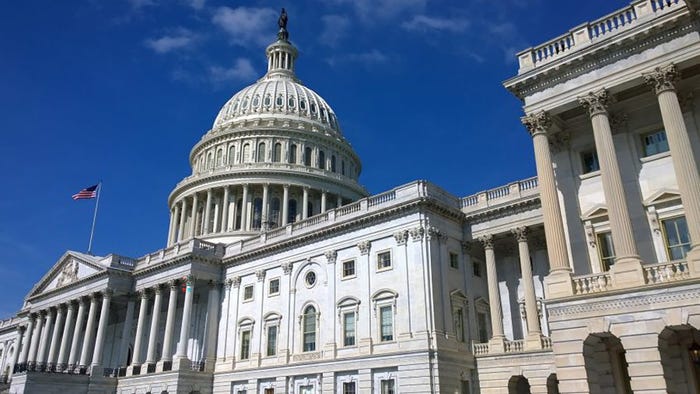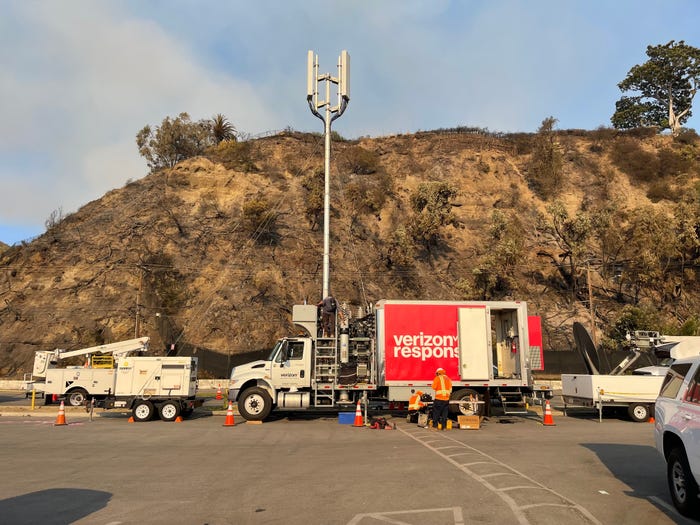Verizon back to normal service after hours-long, widespread outageVerizon back to normal service after hours-long, widespread outage

Verizon yesterday evening announced that its wireless network was “fully restored” after many customers were without service for several hours, but the carrier has not provided any information about the cause of the disruption or its impact on the Verizon Frontline offering to first responders.
Initial reports of the outage began yesterday morning, with more than 100,000 reports of service disruption being made to the Downdetector website. Significant numbers of outage reports came from users in metropolitan areas, including Chicago, Los Angeles, Denver, Seattle, Phoenix and Indianapolis. None of the most-affected locations listed by Downdetector included locations impacted by Hurricane Helene.
After 5 p.m. Eastern time, Verizon issued a statement that the company’s engineers “are making progress … and service has started to be restored.” About two hours later, the carrier said the issued had been resolved.
“Verizon engineers have fully restored today’s network disruption that impacted some customers,” according to a Verizon statement issued after 7 p.m. Eastern time, more than 10 hours after the initial reports of the outage.
“Service has returned to normal levels. If you are still having issues, we recommend restarting your device. We know how much people rely on Verizon and apologize for any inconvenience. We appreciate your patience.”
Verizon has not responded to questions from IWCE’s Urgent Communications about the cause of the outage or how the outage impacted users of the Verizon Frontline service, which is designed to provide priority and preemption capabilities to first responders.
For many years, Verizon was the clear market leader in providing wireless cellular service to U.S. public-safety agencies. Recently, that status has been challenged by the steady growth of FirstNet, the government-sponsored service built and maintained by Verizon carrier rival AT&T.
Last month, T-Mobile announced plans to offer T-Priority, a service that is designed to provide first-responder users with priority and preemption—as well as a minimum bitrate—by leveraging 5G network-slicing technology.
Verizon’s outage came after AT&T suffered a nationwide outage on Feb. 22, including a loss of FirstNet service from 2:45 a.m. to 5:00 a.m.
In July, the FCC released its report about AT&T outage on Feb. 22, which attributed the problem to a misconfigured “network element” being implemented on the AT&T Mobility network with being properly reviewed. The FCC report noted that AT&T commercial subscribers faced a much lengthier outage than FirstNet users, with some not getting their service restored until the middle of the day on Feb. 22.
In September, FirstNet Authority Joe Wassel wrote a blog stating that AT&T’s Feb. 22 outage was an example of the network being not “up to public safety’s standards that day,” but he outlined plans to implement measures that are designed to prevent a repeat—something that “will ultimately make us stronger.”





